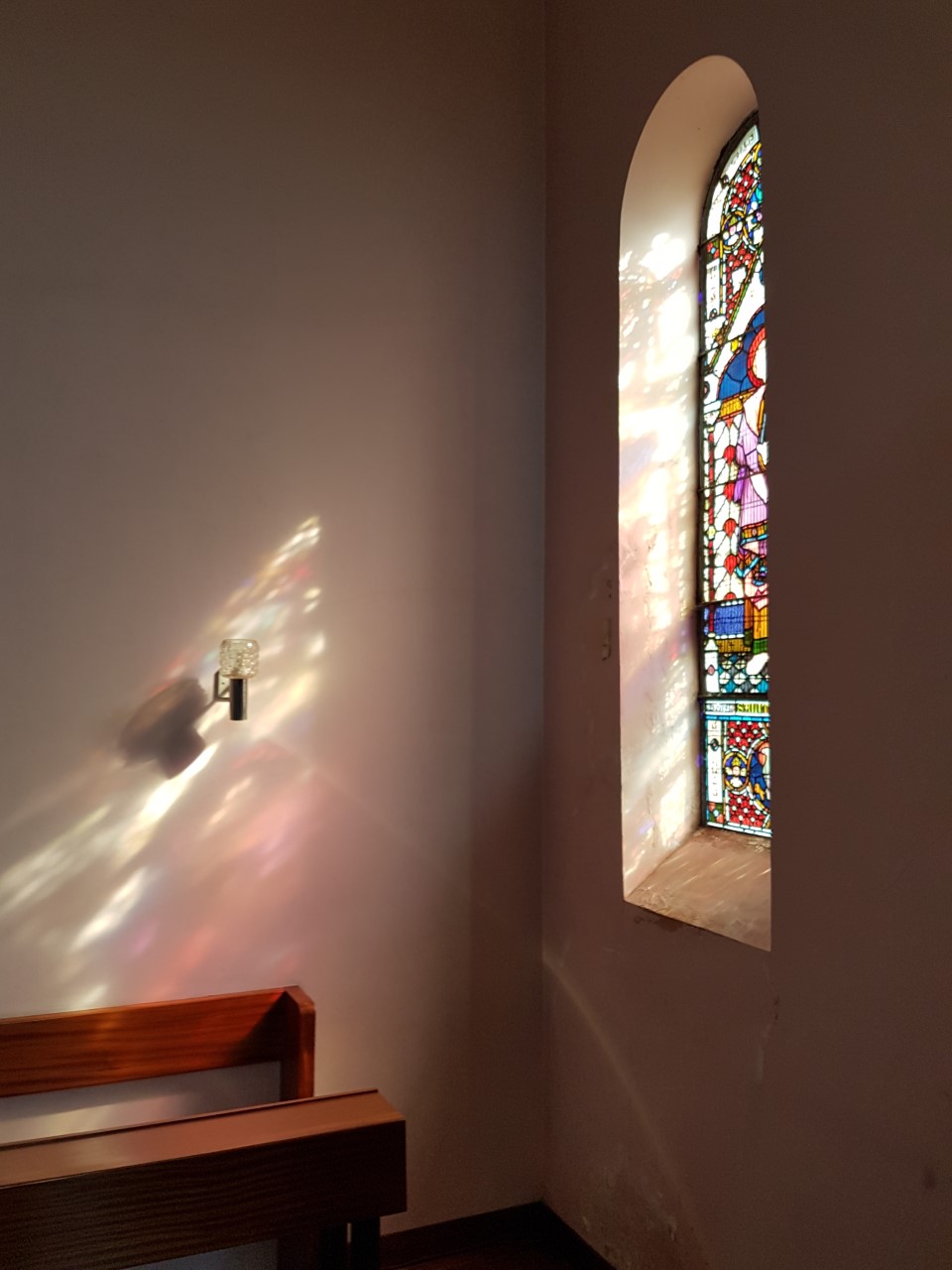COVID-19: Going the social distance
 March 30, 2020
March 30, 2020  30 March 2020
30 March 2020
One of the most moving images to emerge over the weekend was, in my view, that of Pope Francis giving the Urbi et Orbi address to an empty St Peter’s square. It was raining too. A dramatic presentation of a solitary human occupying what was once a public space but now is quarantined because we humans are a viral danger to one another. Livestreamed, the address had 11 million viewers worldwide.
Everywhere, we see a similar effort—a first reaction--in the churches to continue business as usual, except that now the business will be livestreamed or podcasted. Is this the privatising of Christianity or the maintaining of a sort of publicness? It is not yet clear. In this process, differential access to skills and resources is cruelly exposed as it becomes clear that some churches are unable to access digital technology and some congregations do not have the wherewithal to access the virtual results.
A second reaction, one of response, is also popular. Of course, everything is different now, as the mantra goes, but does the stress on how we are to respond to coronavirus also indicate a second emphasis on business as usual? In the Church Times (20 March 2020), Will Hughes states that in face of COVID-19 understood as a spiritual issue, we have a choice to respond in one of two ways: infection by fear or a ‘balanced and responsible approach’. Would this not, however, be true of any threatening crisis? What of the crisis itself—what is that? Or, as Paul Vallely suggests (20 March 2020), we must choose whether in our responses we seek to draw on the best or the worst of human nature. Yet, are matters that simple: is it only our reaction—a binary reaction at that—that we need to consider?
Why not then react to the reaction and push back in a direct fashion? In a third reaction, the proscription of public worship should be refused by the churches themselves. It seems an attractive option until you see it set out. Over at First Things, its editor R. R. Reno argues this case. Perhaps a short period of social distancing is justified, he maintains, but thereafter we should not by cancelling services and closing churches buy into the ideology that this world is all that matters. Reno concludes, ‘There are many things more important than physical survival—love, honor, beauty, and faith. Anyone who believes that our earthly existence is worth preserving “at any cost” will accept slavery.’ Whether or not this claim is true, it is hard to see how a religiously plural and diverse society might agree to this. Perhaps Reno is right: we should be less fearful and for the reasons he offers. Yet it seems hard to know how this position could be enacted if it is not a position shared by many people in our society.
So then how should we respond to the privatisation of Christianity that is not a refusal to cancel services and close churches? If the livestreaming of services is simply the old visibility but without the laity gathered, what might the new visibility look like? It will have to be a new visibility that acknowledges that public spaces are spaces of infection. The conditions of the world have thereby changed. Such new visibility will likely be a risky visibility. Moreover, it will need to be a risk that the church takes upon itself if it is to have any moral credibility.
Aye, but there’s the rub: can there be a witness of hope and courage in which the church takes the risk only upon itself? The answer is no because courage and hope in a time of corona cannot be practised in the context of social distancing. There is no chance of social distancing fully mitigating the risk of infection—the world has changed—so every action that the church takes exposes others to risk. If the church could assume all of the risk, things would be different. But that is not on offer now: the operations of the virus are indiscriminate and risk cannot be fully sequestered.
There are no easy options here. The church can mitigate risk but does it thereby acquiesce in its privatisation? It could demand of political authority that its buildings formally be open but that would require social negotiation and agreement. The church cannot act in a way that sequesters risk and thereby absorbs all risk to others. What is left? On this view, the church cannot exclude itself as a vector of infection but perhaps it could stand with those who are most exposed to infection. Perhaps the church can offer itself as a risk taker in the service of the mitigation of the risk of others. What would that look like? Are there already examples of just this sort of practice?
Peter Scott
#COVID19
#RelCOVID19
 Email | Comments Off
Email | Comments Off 